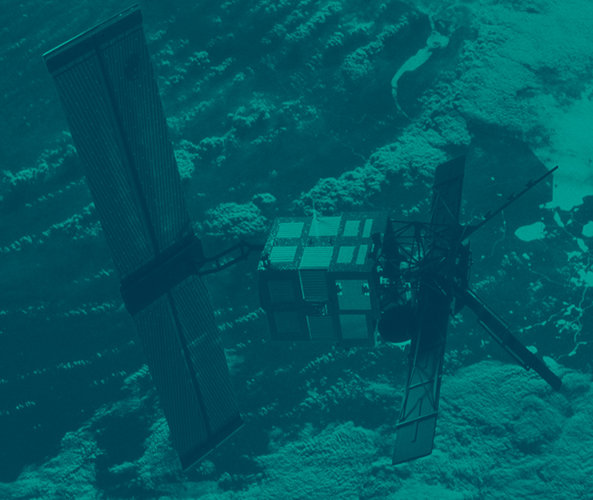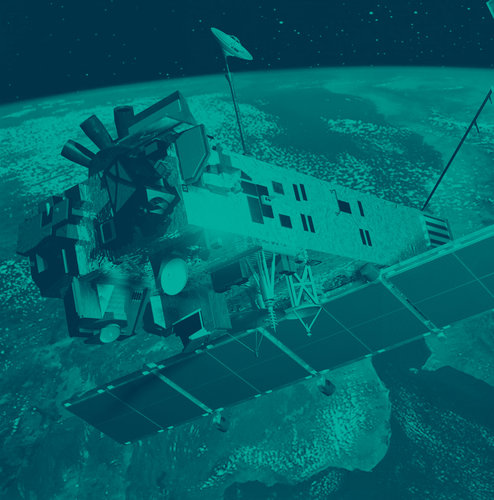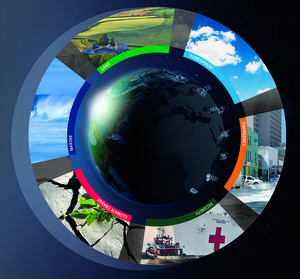Overview
The natural world recognises no political boundaries: different countries have to work together to conserve the environment. The international conventions they agree must apply all across Earth in order to be effective.
Monitoring the implementation and enforcing such planetary-scale treaties represents a considerable challenge – one that it takes Earth observation resources to meet to the fullest.
Satellites yield information-rich views of the Earth on a variety of different scales from the local to the global. At low cost they can supply a consistent set of continuously updated data across the whole planet, including terrain too difficult or inaccessible for ground-based monitoring.
The information provided by satellites is sound, systematic and rigorous enough to be relied upon – following integration with other data sources – to establish general consensus on the current state of the environment as a basis for further action.
Satellite data also helps build up a global bank of technical knowledge which can in turn serve to establish efficient environmental modelling systems that can aid the supra-national decision making process in future.
As a first step to explore how current and future Earth observation systems may help the implementation of international environmental treaties, ESA set up the Treaty Enforcement Services using Earth Observation (TESEO) initiative in 2001, working with various treaty secretariats to develop satellite-based services to their operational requirements.
International treaties addressed by TESEO include the 1971 Ramsar Convention on Global Wetlands, the 1992 Kyoto Protocol to the United Nations Framework Convention on Climate Change, and the 1996 United Nations Convention to Combat Desertification.
TESEO has paved the way for the Global Monitoring for Environment and Security (GMES) programme, now renamed Copernicus.
The Copernicus programme is a joint undertaking with the European Commission and is set to make a step change in the way we care for the planet by providing reliable, timely and accurate services to manage the environment, understand and mitigate the effects of climate change and help respond to crises.









